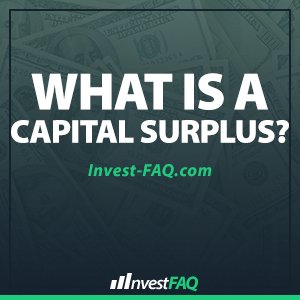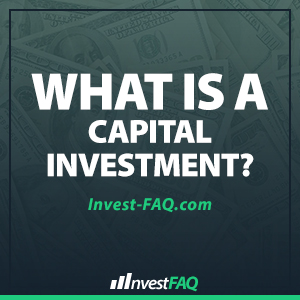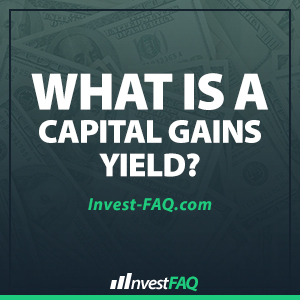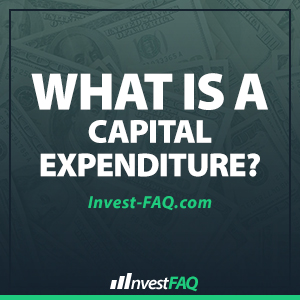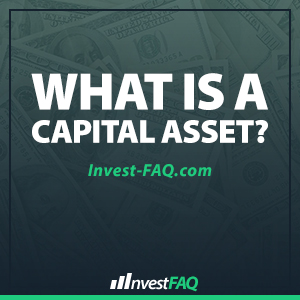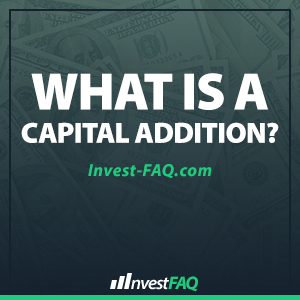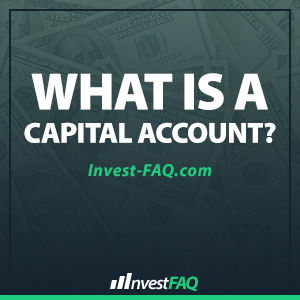Capital Surplus A capital surplus, also known as share premium, refers to the amount a company raises from issuing shares at a price above their nominal or par value during equity financing. It represents the excess funds collected by the company over the stated value of the shares, providing a financial cushion and additional equity
Tag: Investing & Finance Glossary Terms: C
What Is a Capital Project?
Capital Project A capital project is a long-term, capital-intensive investment initiative undertaken by a business or government to build, maintain, or improve its fixed assets, such as buildings, infrastructure, or equipment. It is characterized by significant expenditures that are expected to provide benefits or generate value over many years. Capital projects are essential for businesses
What Is Capital Investment?
Capital Investment Capital investment refers to the funds spent by a business to purchase or improve long-term assets such as property, equipment, or technology, with the aim of generating growth, improving operational efficiency, or expanding capacity. These investments are essential for sustaining and enhancing a company’s market position and future revenue streams. Capital investment is
What Is a Capital Improvement?
Capital Improvement A capital improvement refers to any substantial addition or upgrade to a property or asset that increases its value, extends its useful life, or adapts it for a new or enhanced use. Unlike routine maintenance or repairs, capital improvements are significant investments that are capitalized and depreciated over their useful life, rather than
What Is a Capital Gains Yield?
Capital Gains Yield Capital gains yield is the percentage increase in the price of an investment, reflecting the appreciation in its market value over a given period. It does not include dividends or interest income and focuses solely on the gain (or loss) from the change in the investment’s price. Businesses and investors use capital
What Is a Capital Expenditure?
Capital Expenditure A capital expenditure (CapEx) refers to funds used by a business to acquire, upgrade, and maintain physical assets such as property, industrial buildings, or equipment. This type of spending is invested in assets that will improve a company’s capacity or efficiency and is expected to be beneficial over the long term. Capital expenditures
What Is Capital Expenditure Budget?
Capital Expenditure Budget A capital expenditure budget is a financial plan that outlines a company’s projected investments in long-term assets, such as property, plant, equipment, technology, or vehicles, over a specific period. This budget is crucial for strategic planning, as it allocates resources towards investments intended to enhance the company’s operational capacity, efficiency, and competitive
What Is a Capital Asset?
Capital Asset A capital asset is a long-term asset that is not intended for sale in the regular course of a business’s operations but is held for investment, operational use, or economic benefit. These assets include land, buildings, machinery, vehicles, furniture, patents, and stocks or bonds owned by the company. Capital assets are foundational to
What Is a Capital Addition?
Capital Addition A capital addition is an expenditure that adds value to an existing fixed asset, extending its useful life, increasing its capacity, efficiency, or improving its overall performance. Unlike regular maintenance expenses, which are expensed in the period they are incurred, capital additions are capitalized and depreciated over the extended life of the asset.
What Is a Capital Account?
Capital Account A capital account is a general ledger account that records the equity and ownership contributions in a company, including initial and additional investments made by owners or shareholders, plus retained earnings or losses. It tracks the net worth of an owner in the entity, adjusted for withdrawals and distributions. In business, the capital

